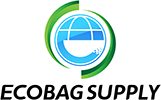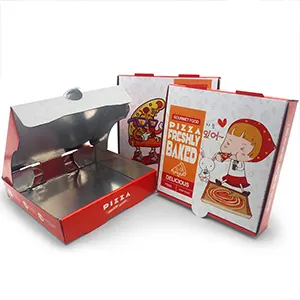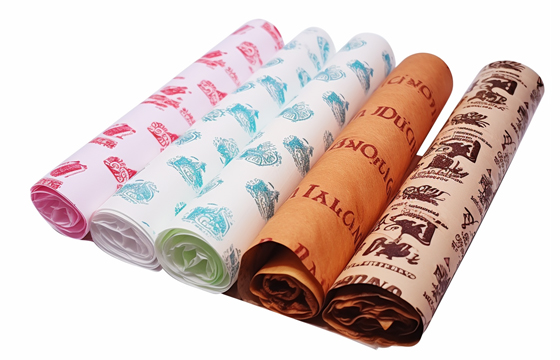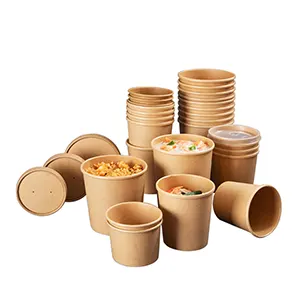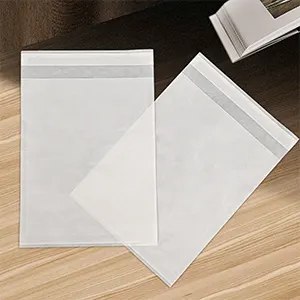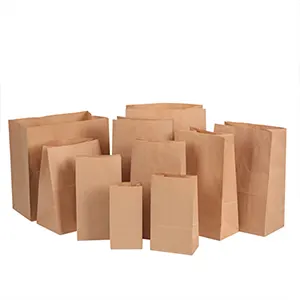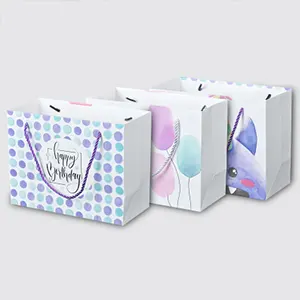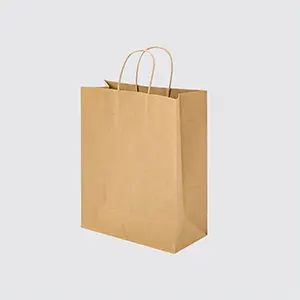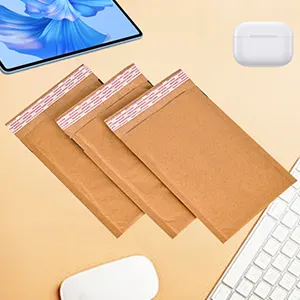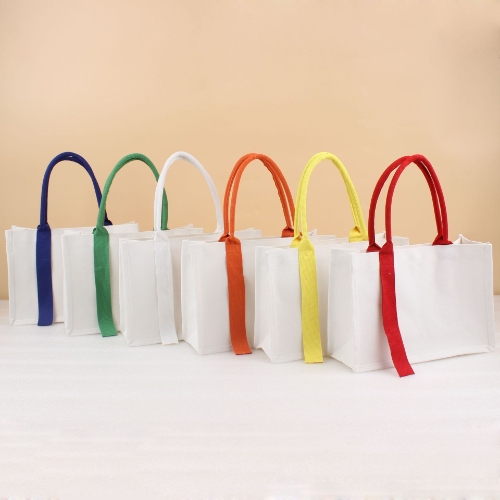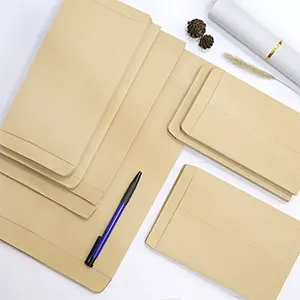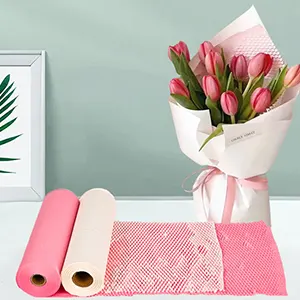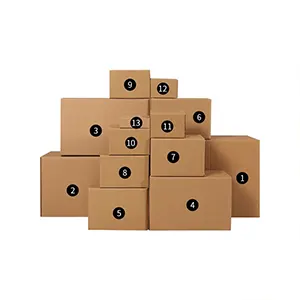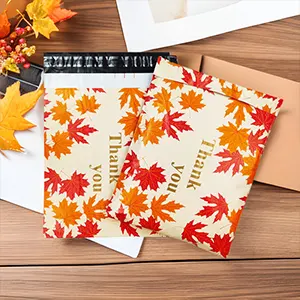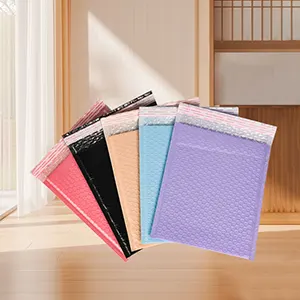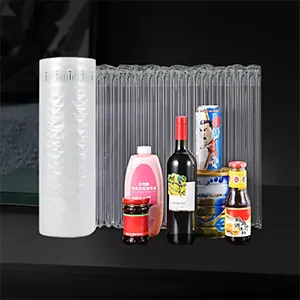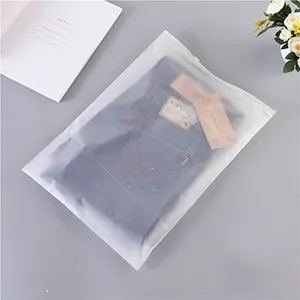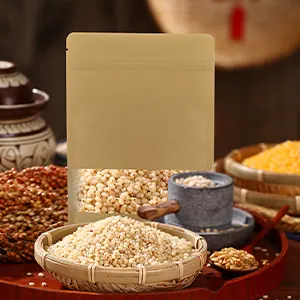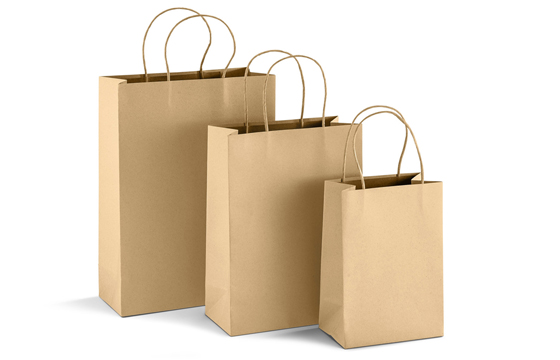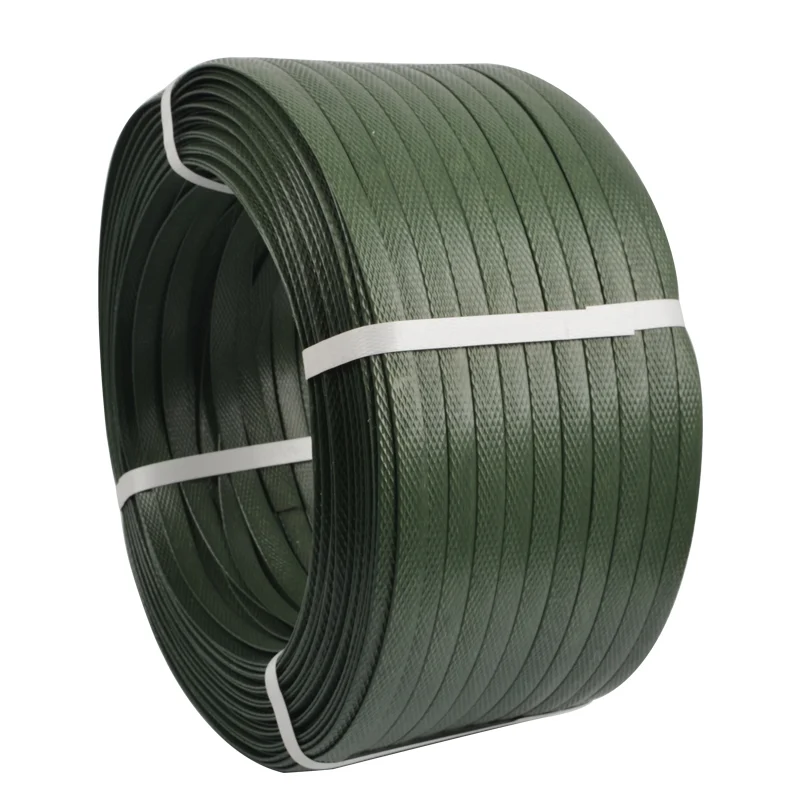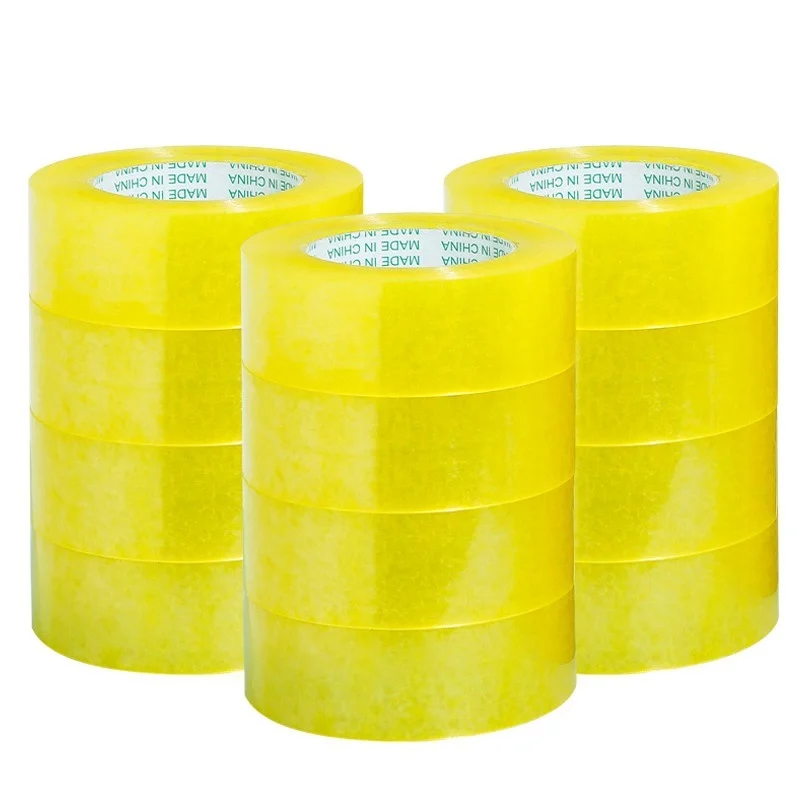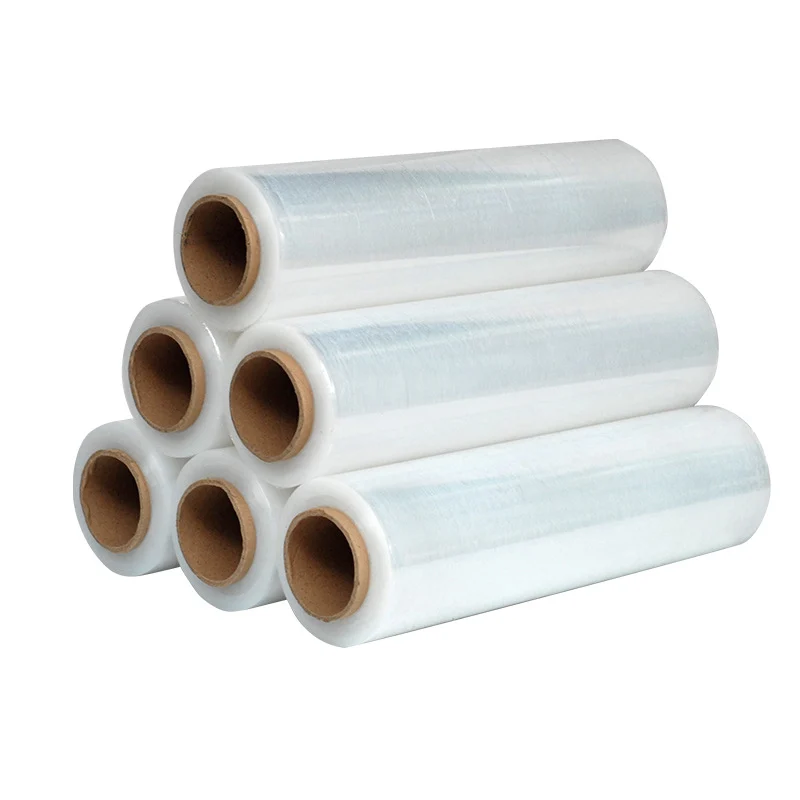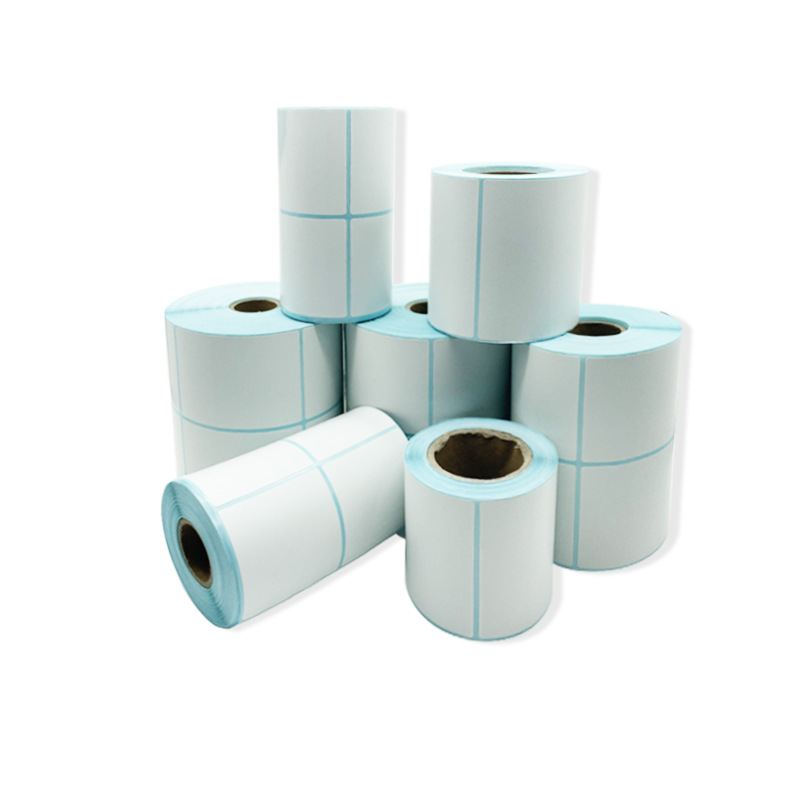Bulk Sustainable Packaging Materials for Wholesale | Eco-Friendly Options
Sustainable packaging is no longer just a trend—it’s a necessity. With consumers becoming more environmentally conscious, businesses are under increasing pressure to adopt eco-friendly alternatives. Sustainable packaging materials help reduce waste, lower carbon footprints, and promote a circular economy.

Wholesale bulk purchasing of sustainable packaging not only benefits the environment but also offers businesses cost-effective solutions. Whether you’re in food service, e-commerce, or retail, transitioning to sustainable materials can enhance brand reputation and ensure compliance with new environmental regulations.
Key Features of Sustainable Packaging
Sustainable packaging is characterized by several key features:
- Biodegradable and Compostable: Materials break down naturally, leaving no toxic residues.
- Recyclable and Reusable: Helps extend the lifecycle of packaging, reducing landfill waste.
- Renewable and Non-Toxic: Made from resources like plant fibers, recycled materials, and biodegradable plastics.
Investing in bulk sustainable packaging ensures that your business aligns with modern sustainability goals while maintaining efficiency and profitability.
Types of Sustainable Packaging Materials
Compostable Packaging
Compostable packaging is made from natural materials that decompose into organic matter. Some popular options include:
- Cornstarch Packaging: A plant-based alternative that mimics plastic but is fully biodegradable.
- Bagasse: A byproduct of sugarcane processing, commonly used for food containers.
- Compostable Films: Thin, plastic-like materials that break down in industrial composting facilities.
These materials are ideal for food service and businesses that prioritize waste reduction.
Recycled and Recyclable Packaging
Recycled materials reduce the need for virgin resources and minimize waste. Common examples include:
- Post-Consumer Recycled (PCR) Paper: Used for boxes, bags, and wrapping materials.
- Recycled Plastics: PET, HDPE, and other plastics repurposed for packaging.
Wholesale suppliers often offer recycled packaging at competitive rates, making it an excellent choice for bulk buyers.
Biodegradable Packaging
Biodegradable materials naturally break down without harming the environment. These include:
- Mushroom Packaging: A growing trend using fungi-based materials.
- Biodegradable Foam: Made from plant-based polymers instead of petroleum-based plastics.
These options are great for businesses seeking zero-waste alternatives.
Reusable Packaging
Many businesses are turning to durable, reusable materials like:
- Glass Jars: Perfect for food and cosmetic products.
- Metal Tins: Often used in the tea and coffee industries.
- Fabric Bags: Sustainable alternatives to plastic shopping bags.
Reusable packaging reduces single-use waste, making it a highly sustainable option.
Wholesale Suppliers of Sustainable Packaging
When sourcing sustainable packaging materials in bulk, consider:
- Well-Known Suppliers: Look for reputable brands with strong sustainability credentials.
- Certifications: Ensure the supplier meets standards like FSC, BPI, or USDA BioPreferred.
- Bulk Pricing: Compare costs to maximize savings without compromising quality.
Top global suppliers offer wholesale eco-packaging solutions for various industries.
Cost Analysis of Bulk Sustainable Packaging
One of the biggest concerns businesses have when switching to sustainable packaging is the cost. While sustainable materials can sometimes be more expensive than traditional plastics or Styrofoam, buying in bulk significantly reduces the per-unit cost.
Comparing Costs: Sustainable vs. Traditional Packaging
- Short-term vs. Long-term Expenses: Traditional plastic packaging might seem cheaper upfront, but sustainable packaging offers long-term cost savings by improving brand reputation, reducing waste management costs, and even qualifying businesses for tax incentives in some regions.
- Manufacturing Costs: Sustainable packaging materials, such as recycled cardboard and bioplastics, require more processing, which can increase costs. However, as demand rises and production scales up, prices are becoming more competitive.
- Bulk Discounts: Many suppliers offer discounts for wholesale buyers, making it easier for businesses to transition to eco-friendly alternatives without significantly impacting their budgets.
Long-term Financial Benefits for Businesses
- Customer Loyalty: More consumers prefer sustainable brands, leading to increased sales and customer retention.
- Regulatory Compliance: Many regions are implementing bans on single-use plastics, meaning businesses that switch now avoid future penalties.
- Reduced Waste Disposal Costs: Biodegradable and recyclable packaging reduces landfill fees and disposal costs.
Industries Benefiting from Sustainable Packaging
Food and Beverage Industry
Restaurants, cafés, and food delivery services are some of the biggest adopters of sustainable packaging. Items like compostable food containers, paper straws, and biodegradable cutlery have replaced traditional plastic options.
- Eco-Friendly Takeout Containers: Made from materials like bagasse and PLA (polylactic acid).
- Sustainable Cups and Lids: Recyclable paper cups with plant-based liners.
- Biodegradable Cutlery: Wooden or compostable plastic utensils that break down naturally.
E-commerce and Retail
Online retailers are also making the switch to sustainable packaging, reducing waste and improving customer satisfaction.
- Recyclable Shipping Boxes: Many businesses now use FSC-certified cardboard packaging.
- Compostable Mailers: Lightweight, biodegradable alternatives to plastic poly mailers.
- Eco-Friendly Packing Materials: Options like shredded recycled paper, biodegradable packing peanuts, and corrugated bubble wrap replace traditional plastic fillers.
Cosmetics and Personal Care
Sustainable packaging is particularly important in the beauty industry, where plastic waste has been a major concern.
- Glass Jars for Creams and Lotions: Reusable and recyclable.
- Refillable Packaging: Brands like Lush and The Body Shop offer refill stations for customers.
- Biodegradable Wrappers: Many soaps and shampoos now come in compostable or recyclable paper instead of plastic.
Customization Options for Sustainable Packaging
Many businesses worry that switching to sustainable packaging means sacrificing branding opportunities, but that’s far from the truth.
- Custom Printing: Many eco-packaging options allow for branding with soy-based or water-based inks.
- Unique Shapes and Designs: Companies can still maintain a premium look with sustainable materials.
- Embossing and Debossing: Aesthetic branding without the need for ink or dyes.
By working with wholesale suppliers, businesses can create custom eco-friendly packaging that aligns with their brand identity.
Regulations and Certifications for Sustainable Packaging
To ensure credibility, businesses should look for packaging that meets sustainability certifications:
- FSC (Forest Stewardship Council): Ensures that paper and cardboard packaging come from responsibly managed forests.
- BPI (Biodegradable Products Institute): Certifies compostable products.
- USDA BioPreferred: Indicates that the product contains a significant percentage of renewable biological ingredients.
Compliance with regulations ensures that businesses meet environmental standards while maintaining transparency with customers.
Challenges and Solutions in Sustainable Packaging
Despite the benefits, there are challenges businesses may face when switching to sustainable packaging:
Common Obstacles for Businesses
- Higher Initial Costs: The cost of sustainable materials is sometimes higher than traditional plastic.
- Supply Chain Issues: Some materials may not be as readily available.
- Durability Concerns: Some sustainable materials may not be as strong as traditional options.
Strategies to Overcome These Challenges
- Buying in Bulk: Reducing per-unit costs by purchasing large quantities.
- Hybrid Packaging Solutions: Using a mix of sustainable and traditional materials as a transition strategy.
- Partnering with Reliable Suppliers: Working with established manufacturers that prioritize sustainability and innovation.
Future Trends in Sustainable Packaging
Sustainable packaging is continuously evolving, with new materials and trends emerging:
- Edible Packaging: Made from seaweed or rice paper, perfect for food applications.
- Mushroom-Based Packaging: A compostable material gaining popularity as an alternative to Styrofoam.
- Water-Soluble Packaging: Biodegradable films that dissolve in water, reducing waste.
- Smart Packaging Innovations: QR codes on packaging that guide customers on how to properly recycle or compost materials.
As more businesses adopt these innovative materials, sustainable packaging will become the industry standard rather than an alternative.
Conclusion
Sustainable packaging is no longer just an environmental choice—it’s a smart business decision. Buying in bulk helps businesses cut costs while reducing their carbon footprint. Whether you’re in food service, e-commerce, or cosmetics, there are sustainable options tailored to your needs.
By investing in biodegradable, recyclable, and reusable packaging, businesses can appeal to eco-conscious consumers, stay ahead of regulations, and contribute to a greener future.
FAQs
1. What are the best materials for bulk sustainable packaging?
The best materials depend on the industry, but common options include recycled paper, compostable bioplastics, and reusable glass or metal containers.
2. How do I find a trustworthy wholesale supplier?
Look for suppliers with sustainability certifications like FSC or BPI and check customer reviews to ensure reliability.
3. Is sustainable packaging more expensive than traditional packaging?
Initially, yes. However, bulk purchasing, tax incentives, and customer preference for eco-friendly products often make it more cost-effective in the long run.
4. What industries benefit most from eco-friendly packaging?
Food and beverage, e-commerce, and cosmetics industries see the most benefits, but virtually any business can adopt sustainable packaging.
5. What are some future trends in sustainable packaging?
Emerging trends include edible packaging, mushroom-based materials, and smart packaging with digital recycling guides.
JERL has been working hard on the road of custom packaging. Next time when you feel the need to impress someone with your brand, think of JERL Packaging!
